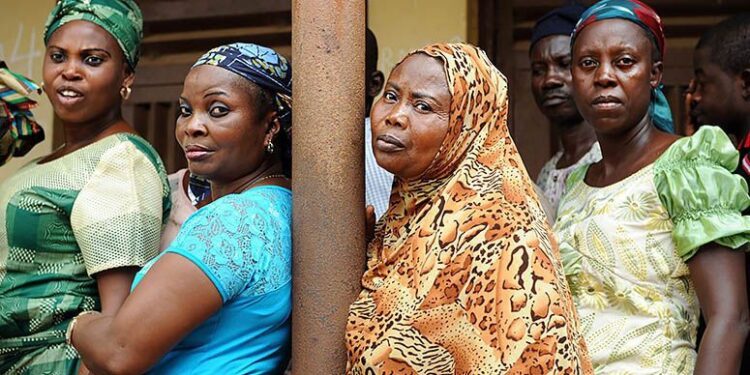Taking up financial roles at home boosts women’s confidence and independence and gives them a stronger voice in household decision-making.
Women’s financial contributions to their homes also promote healthier relationships. Some Nigerians asserted in separate interviews in Lagos on Thursday.
They added that a couple’s contributions based on their skills and strengths would make them better.
A financial adviser, Matthew Okoro, said there was a need for couples to communication effectively and have mutual understanding about their finances.
Ms Okoro cautioned against couples sticking to perceived gender roles and stereotypes.
“Financial responsibilities should be shared based on individual strengths and interests rather than pre-defined gender roles,” he said.
Faith Ene, a psychologist at New Hope Specialist Hospital, Ihitte-Uboma, Imo, said there was a need to break the barriers and shun societal beliefs and expectations that assigned specific roles to women.
Ms Ene said that couples should negotiate and redefine financial roles and contributions based on their unique circumstances.
“Modern times demand a shift, with shared financial responsibilities becoming the new norm. We need to be free from societal norms that dictate women’s primary responsibilities for households,” he said.
Emily Adebayo, an entrepreneur at Lagos Island, said that it was important to recognise individual strengths when assigning financial roles at home.
“A balanced partnership, where both partners contribute based on their skills, fosters a healthier environment,” she said.
Uche Nwaeze, a businesswoman in Festac Town, Lagos, however, said that women’s financial contributions at home were sometimes abused by their husbands.
“It is, sometimes, abused, and they (women) end up biting more than they can chew,” she warned.
Ms Nwaeze regretted that the society that assigned financial roles to women also stuck to gender biases that mandated women to take physical care of their households.
“These women end up being encumbered with so much burden. Some women end up as the breadwinners, mothers, wives, daughters, daughters-in-law and employees expected to find solutions to everybody’s problems,” she said.
She advised men not to take advantage of women who worked hard to ensure the well-being of their families.
She also advises women to balance their roles effectively to avoid carrying many burdens.
(NAN)






